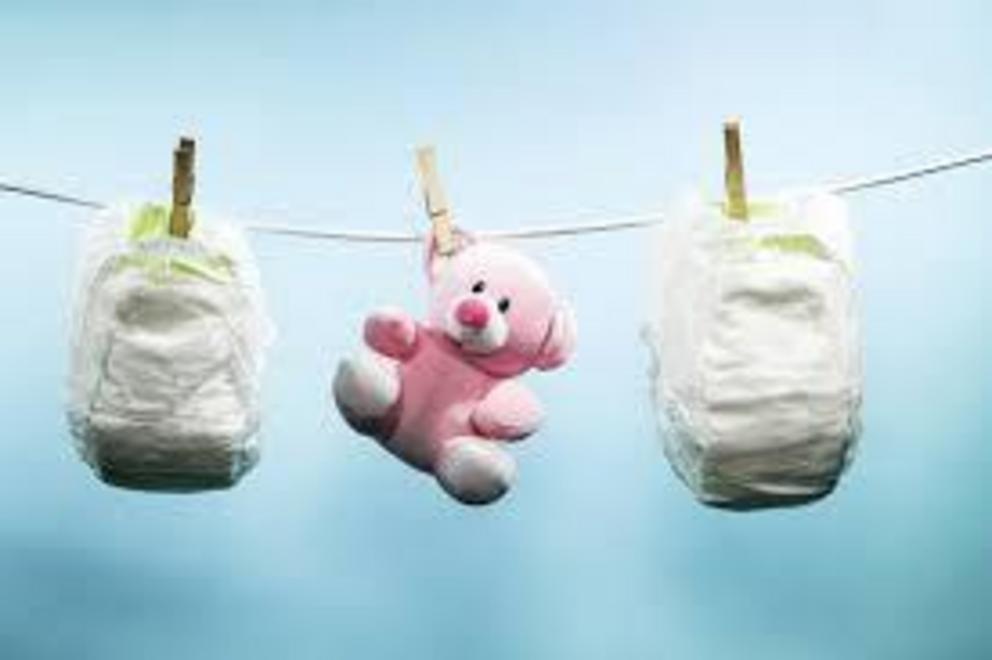Traces of dangerous chemicals found in disposable nappies in France
Researchers warn of potential health risk as manufacturer Joone labels report ‘alarmist’
French researchers say they have discovered traces of dangerous chemicals in babies’ disposable nappies in the first study of its kind worldwide.
Ministers have given manufacturers 15 days to come up with a “plan of action” to remove a number of substances considered harmful to human health from their nappies. These include banned chemicals and traces of the controversial weedkiller glyphosate, which has not been banned but that the World Health Organization has classified as probably linked to cancer.
The researchers tested 23 samples of different nappies on sale in France between 2016 and 2018. Certain substances thought to pose a risk were also found in nappies marketed as “ecological”. The report, published on Wednesday, did not name the brands found to contain the chemicals, but suggested they were well-known labels.
Anses, the French agency for food, environmental and occupational health and safety, said it had detected “a number of hazardous chemicals in disposable nappies that could migrate through urine, for example, and enter into prolonged contact with babies’ skin”. Some were added intentionally, notably perfumes, it said.
Researchers found about 60 chemicals, including glyphosate, used in the weedkiller Roundup, some of which have been banned in the European Union for more than 15 years. Other substances, usually found in cigarette smoke or diesel fumes, were also discovered, according to the 206-page Safety in Baby Nappies report.
Health thresholds had been exceeded for several substances under “realistic” conditions of use, it said. This use was calculated based on 4,000 nappies for every child between birth and three years.
The French health secretary, Agnès Buzyn, who met representatives from nappy manufacturers after the report was released, sought to reassure parents.
“Anses has said there is no immediate risk for the health of the child,” she said. “Obviously we should keep on putting our babies in nappies. We’ve been doing it for at least 50 years.”
However, Buzyn admitted the report could not rule out “a risk for children’s health in the long term”, adding: “This is why, as a matter of precaution, we want to better protect our children from possible risks.”.
Two major manufacturers, Pampers and Joone, reacted to the report on Wednesday. “Our nappies are safe and always have been,” Pampers said, adding it had “already put into place the report’s recommendations.” It said: “Our products do not contain any of the allergens listed by the European Union”.
Carole Juge-Llewellyn, the president of Joone, described the Anses report as “alarmist” and said the company had published toxicology analysis for its products.
The report recommended eliminating or minimising the named substances in disposable nappies, more regulation covering the products and further research. Anses said: “It is not possible to exclude a health risk related to the wearing of disposable nappies.”
The report concluded: “There is no epidemiological research allowing us to prove the health effects linked to the wearing of nappies. That said, dangerous chemical substances have been found in the nappies … there is evidence the safety thresholds for several substances have been crossed.
“At the current time and from what we know at the moment, it is not possible to exclude a health risk linked to the wearing of disposable nappies.”

